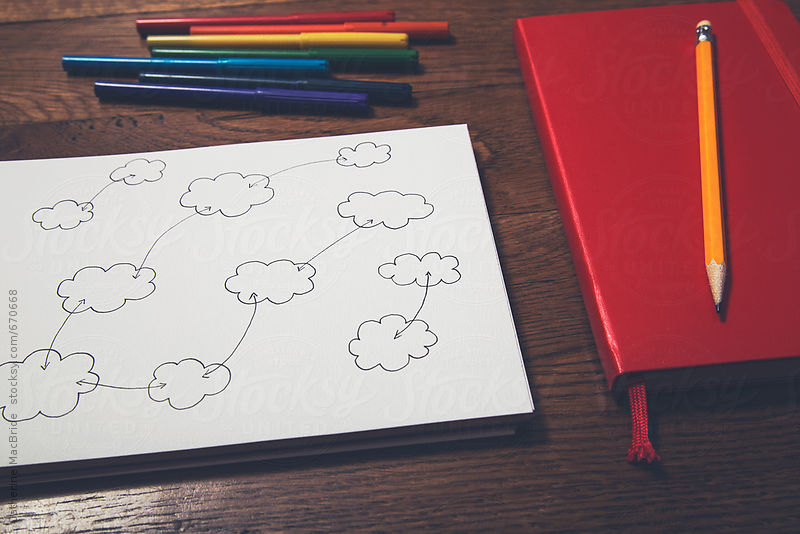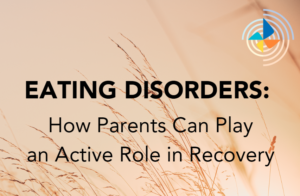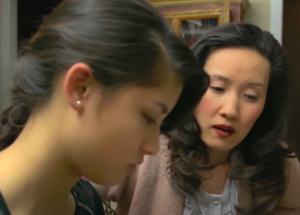Disordered Eating
There is a difference between an “eating disorder” and “disordered eating.”
Disordered eating is a term used for unhealthy eating behaviours and worries about body image. It is quite common. Some of the most common types of disordered eating are dieting and restrictive eating. Others include self-induced vomiting, binge eating, and laxative abuse. (see Dangerous Eating Behaviours for a more complete list).
There are several types of eating disorders, including anorexia nervosa and bulimia nervosa. People are diagnosed with an eating disorder only if they meet specific criteria related to body weight and eating behaviour.
Many people have some kind of disordered eating at some point in life. It is important to recognize the signs of disordered eating and get help from a medical professional BEFORE the problem gets worse. That way you may prevent an eating disorder from developing. The treatment of disordered eating and eating disorders works best when it is started early in the illness.
Signs that you should get help from a medical professional include:
- constantly trying different diets to lose weight
- obsessing about food and weight
- fasting, skipping meals, or eating very little
- exercising too much or too often
- trying to compensate for food you have eaten by vomiting, taking laxatives, or other medications to affect your weight or shape
- eating large amounts of food after dinner, or in the middle of the night
- eating to comfort yourself, even when not hungry
- feeling out of control when eating
- feeling guilty about eating



